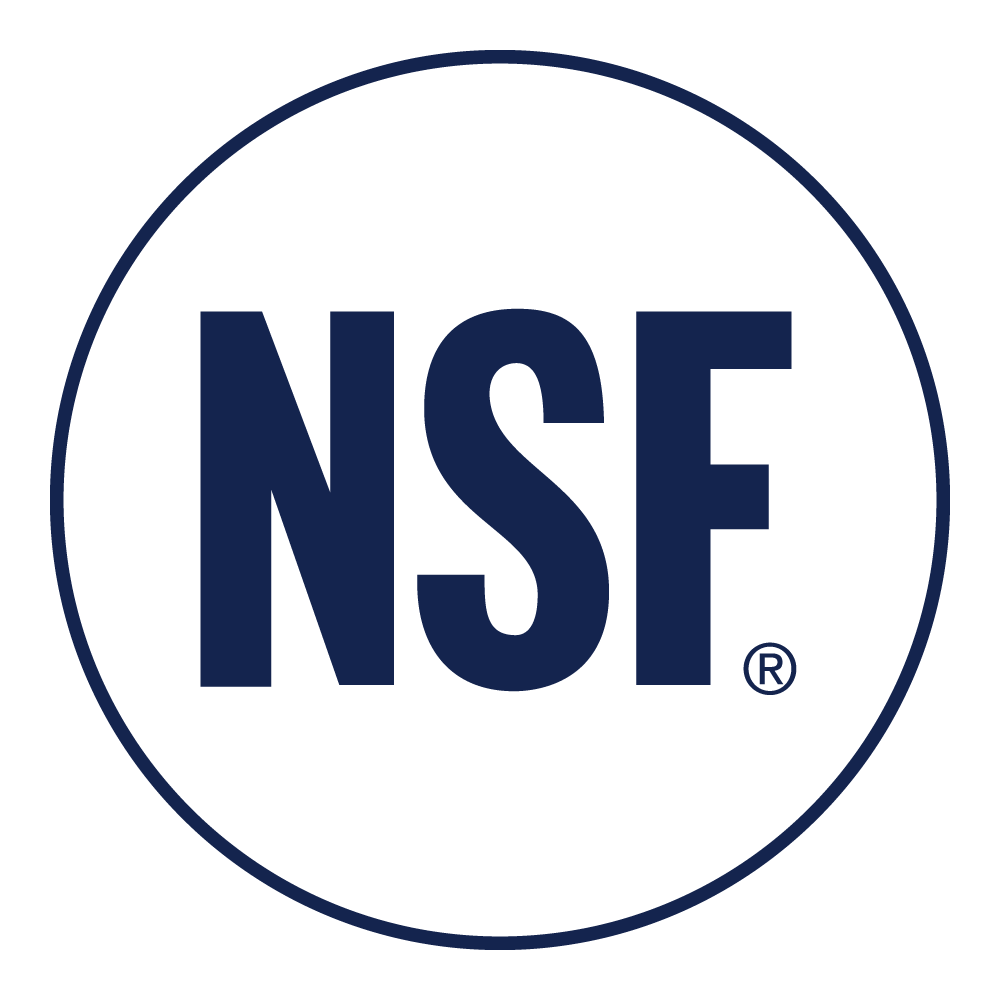NSF’s Laurence Matheron and Robyn Meurant Participate in MedFIT Panels in Lille, France

Two NSF medical device experts took part in panel discussions on June 25 at the MedFIT conference in Lille, France.
Laurence Matheron, Director of Regulatory Services, participated in the session “Final stretch to MDR/IVDR implementation: How are companies revising their strategy to comply with the key requirements and associated timelines?” Joining her were speakers Carole Robin of Thuasne, Corinne Delforme of GMED and Juliette Cooke of Cochlear and moderator Elena Kyriacou, founder of Elemed.
New EU regulations are introducing an enhanced framework around the definition, supervision, traceability and risk-based classification system for medical devices and in-vitro diagnostic medical devices (IVDs). The session discussed the impact of the May 2020/2022 deadlines on device and diagnostic players.
Panelists highlighted the potential shortage of notified bodies as a major cause for concern, the effect of which could create a backlog of applications and hold up certification. It was suggested that companies inform notified bodies of what they intend to submit at the earliest opportunity, allowing them time to build up the required staffing capacity; the current NANDO list of notified bodies can be used as a guide.
The longer-term implications and opportunities of the new legislation in regard to innovation and market investment were also discussed. For example, the reduced ability to use equivalence for demonstrating conformity is thought to have a large impact on research and development budgets. This may force a number of manufacturers to consider selling their businesses – making it an excellent time for acquisitions and expansion.
Finally, the panelists discussed how companies and regulatory authorities should be dealing with the remaining uncertainties. The importance of a good regulatory strategy, the need to move forward despite lack of official guidance – especially with the QMS and postmarket surveillance, the protection of the portfolio by extension, where possible, of certificates and the need to convince senior management of the important role of the Regulatory Affairs Department were proposed as necessary strategies.
Robyn Meurant, Executive Director of Regulatory Services, moderated the session “Shifting to value-based care models: What are the challenges for the diagnostic tests and technologies?” Philippe Grandjean of Bit Group, Senan Doyle of Pixyl, Ravi Chana of Roche and Alexis Hernot of Calmedica joined her as speakers.
Diagnostic services are a pivotal stage in patient care, and early diagnosis can increase the probabilities of a positive outcome and save costs of further treatment. As health systems worldwide move from treatment to prevention, diagnostics can deliver significant improvements eased by the huge opportunities offered by digitalization.
The panel discussed the challenges and opportunities of value-based care with respect to diagnostics. The panel provided insight into the changing role of the patient, as a result of self-testing and the new opportunities and challenges associated with capturing and utilizing these data sets. As a result, the panel advised engagement with patient groups in the early stages of technology development in addition to investment in cyber security to address the potential implications of digitalization.
The issue of the General Data Protection Regulation (GDPR) was also raised. In an environment where device regulations are demanding more data to support claims, stricter requirements could make it harder to access the relevant data needed to support regulatory applications. The need to engage early with not only patient groups but also with hospitals was identified.
Despite results of IVDs directing 70% of clinical decisions, IVDs generally have an indirect impact on the patient. This presents a challenge to the IVD industry when a value is being placed on the benefits. Many of the costing models are based on a pharma approach, where impact is easier to assess. The need to consider the complete role and value of the diagnostic (IVD or technology) at the early concept phase was seen as pivotal in not only designing a product that will provide value, but also in identifying all important stakeholders who will be pivotal in the journey to market.



